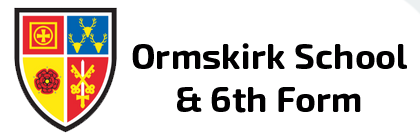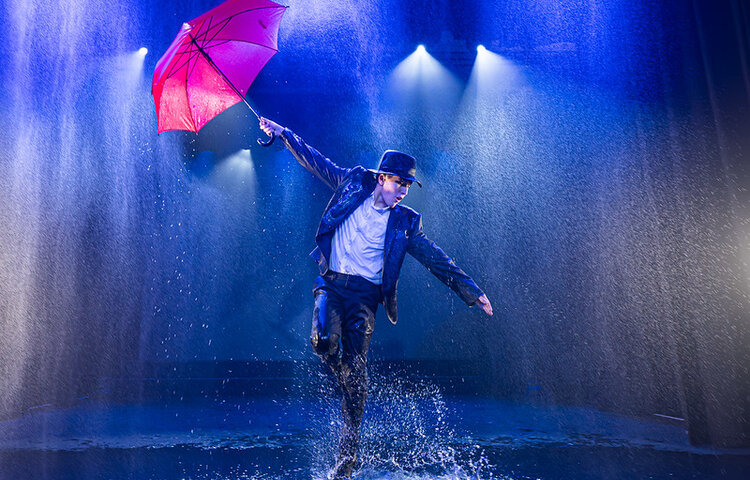Modern Foreign Languages
MFL Staff
|
Mr Prescott |
- |
Director of MFL Faculty |
|
Mrs Mills |
- |
Teacher of French and Spanish |
|
Ms Mosquera |
- |
Assistant Director of MFL |
|
Mr Rimmer |
- |
Teacher of French & Spanish |
|
Mr Prescott |
- |
Teacher of French |
|
Miss Taylor-Halsall |
- |
Teacher of Spanish |
|
Mr Bennett |
- |
Teacher of MFL |
Statement of Intent
In Year 7, students study both French and Spanish and going into Year 8 they decide which language they would like to continue to study for the rest of Key Stage 3 and beyond if they desire.
In both languages, we echo and expand upon the aims of the National Curriculum for Languages, carefully crafting our curriculum to ensure that it is accessible to every student in our care. Through the opportunities we provide for learning within and beyond the classroom, we seek to liberate our pupils from insularity as we open their hearts and minds to Hispanic and Francophone cultures.
At KS3, phonics, vocabulary and grammar are the foundational pillars of our language teaching. Regular formative assessment of these pillars are firmly rooted in our curriculum to ensure that students make real, tangible progress and that learning is embedded in the long-term memory. Phonics is taught explicitly and students enjoy reproducing the sounds with increasing confidence and competence through regular reading aloud practice. We teach and test independent recall of vocabulary from the outset in KS3, not forgetting the Memrise Competition, which sets the tone for a lifetime of phonics and vocabulary enjoyment! Our carefully sequenced grammar points are met, modelled and initially practised in isolation, typically using a grammar-translation method, before pupils then have opportunities to apply these features to topic-based work both orally and in writing in a variety of contexts. Students are formally assessed on all of these elements on a twice-yearly basis and detailed feedback provided so that pupil progress can be carefully tracked and further support provided where required.
The interplay of the aforementioned three pillars sits within our deliberately communicative intent because it is our fervent desire to equip our pupils with the knowledge they need to be able to use languages for real, practical purposes, whether that be with each other in class, in dedicated speaking sessions, in shops and restaurants on our Málaga and Paris trips, with their Spanish counterparts at our partner school in Granada, or with the interactive Spanish theatre company who join us annually for our Spanish theatrical extravaganza. Other opportunities for cross-curricular links are made when we bring gastronomy to life by making typical dishes from the Spanish and French-speaking worlds in Food Technology.
Throughout the key stages, we contribute to the broader school curriculum through the study of materials which explore a breadth of socio-culturally diverse topics. We create threads of carefully sequenced learning opportunities which will contribute to the development of rounded citizens who are curious about language learning, culture and the lifelong joy that these can provide. In each unit of study, we deliver a carefully-designed cultural themed lesson so that students develop a deeper understanding of the Spanish and French-speaking worlds, and at every opportunity we engage with our students regarding the limitless opportunities for work, study and travel that learning languages can open up for them. Our partnership with Virgen de la Caridad school in Granada is also an integral thread that brings our curriculum to life at key points across the key stages.
At KS4, we build upon and further secure the aforementioned foundational pillars and our route through the curriculum provides an opportunity to add increasing complexity to the topics previously covered at KS3. Pupils continue to enjoy an array of opportunities to explore the language and its culture, including more regular opportunities to practise their speaking skills in designated speaking sessions. Our main school curriculum is a spiral curriculum planned across five years, preparing pupils for further study at A-Level or for enrichment in the Sixth Form.
At KS5, students can choose to study Spanish or French at A-Level. At A-Level, students deepen their understanding of socio-political issues in the Spanish and French-speaking cultures. Their appreciation of Spanish and French literature and film grows as we introduce the work of Federico García Lorca, Guillermo del Toro, Albert Camus and Mathieu Kassovitz.
Beyond the curriculum, there are also weekly opportunities in the Sixth Form for enrichment in languages.

